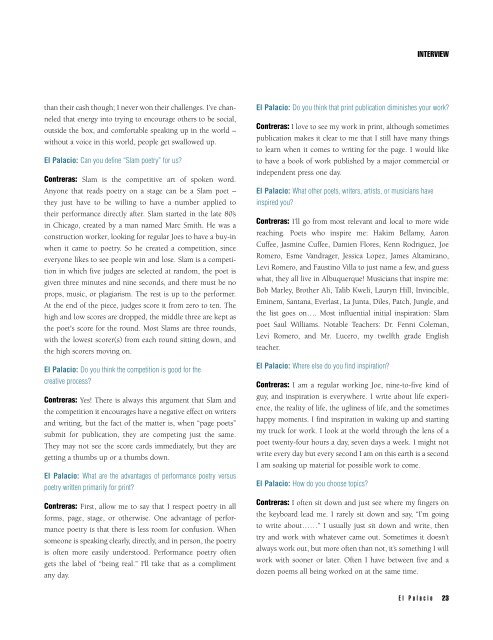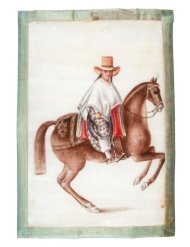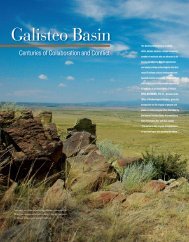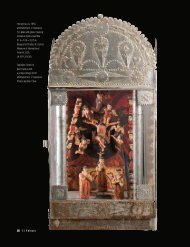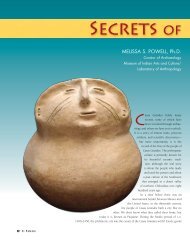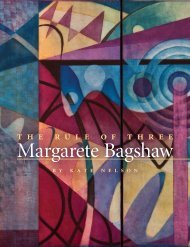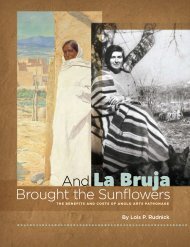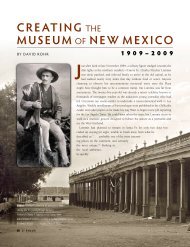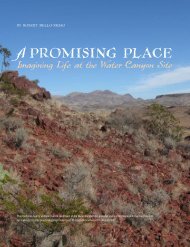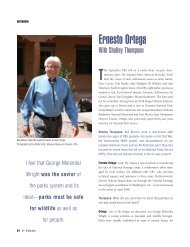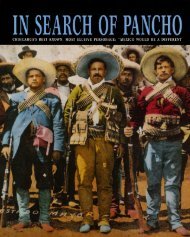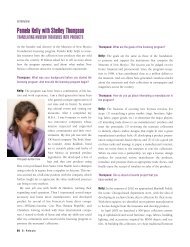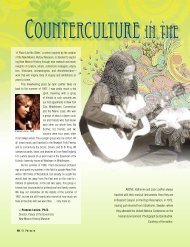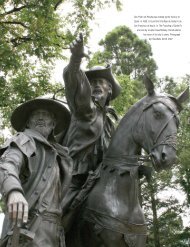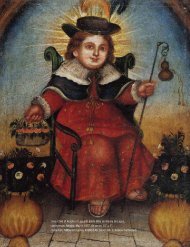Interview with Carlos Contreras - El Palacio Magazine
Interview with Carlos Contreras - El Palacio Magazine
Interview with Carlos Contreras - El Palacio Magazine
You also want an ePaper? Increase the reach of your titles
YUMPU automatically turns print PDFs into web optimized ePapers that Google loves.
than their cash though; I never won their challenges. I’ve channeled<br />
that energy into trying to encourage others to be social,<br />
outside the box, and comfortable speaking up in the world –<br />
<strong>with</strong>out a voice in this world, people get swallowed up.<br />
<strong>El</strong> <strong>Palacio</strong>: Can you define “Slam poetry” for us?<br />
<strong>Contreras</strong>: Slam is the competitive art of spoken word.<br />
Anyone that reads poetry on a stage can be a Slam poet –<br />
they just have to be willing to have a number applied to<br />
their performance directly after. Slam started in the late 80’s<br />
in Chicago, created by a man named Marc Smith. He was a<br />
construction worker, looking for regular Joes to have a buy-in<br />
when it came to poetry. So he created a competition, since<br />
everyone likes to see people win and lose. Slam is a competition<br />
in which five judges are selected at random, the poet is<br />
given three minutes and nine seconds, and there must be no<br />
props, music, or plagiarism. The rest is up to the performer.<br />
At the end of the piece, judges score it from zero to ten. The<br />
high and low scores are dropped, the middle three are kept as<br />
the poet's score for the round. Most Slams are three rounds,<br />
<strong>with</strong> the lowest scorer(s) from each round sitting down, and<br />
the high scorers moving on.<br />
<strong>El</strong> <strong>Palacio</strong>: Do you think the competition is good for the<br />
creative process?<br />
<strong>Contreras</strong>: Yes! There is always this argument that Slam and<br />
the competition it encourages have a negative effect on writers<br />
and writing, but the fact of the matter is, when “page poets”<br />
submit for publication, they are competing just the same.<br />
They may not see the score cards immediately, but they are<br />
getting a thumbs up or a thumbs down.<br />
<strong>El</strong> <strong>Palacio</strong>: What are the advantages of performance poetry versus<br />
poetry written primarily for print?<br />
<strong>Contreras</strong>: First, allow me to say that I respect poetry in all<br />
forms, page, stage, or otherwise. One advantage of performance<br />
poetry is that there is less room for confusion. When<br />
someone is speaking clearly, directly, and in person, the poetry<br />
is often more easily understood. Performance poetry often<br />
gets the label of “being real.” I'll take that as a compliment<br />
any day.<br />
<strong>El</strong> <strong>Palacio</strong>: Do you think that print publication diminishes your work?<br />
<strong>Contreras</strong>: I love to see my work in print, although sometimes<br />
publication makes it clear to me that I still have many things<br />
to learn when it comes to writing for the page. I would like<br />
to have a book of work published by a major commercial or<br />
independent press one day.<br />
<strong>El</strong> <strong>Palacio</strong>: What other poets, writers, artists, or musicians have<br />
inspired you?<br />
<strong>Contreras</strong>: I’ll go from most relevant and local to more wide<br />
reaching. Poets who inspire me: Hakim Bellamy, Aaron<br />
Cuffee, Jasmine Cuffee, Damien Flores, Kenn Rodriguez, Joe<br />
Romero, Esme Vandrager, Jessica Lopez, James Altamirano,<br />
Levi Romero, and Faustino Villa to just name a few, and guess<br />
what, they all live in Albuquerque! Musicians that inspire me:<br />
Bob Marley, Brother Ali, Talib Kweli, Lauryn Hill, Invincible,<br />
Eminem, Santana, Everlast, La Junta, Diles, Patch, Jungle, and<br />
the list goes on…. Most influential initial inspiration: Slam<br />
poet Saul Williams. Notable Teachers: Dr. Fenni Coleman,<br />
Levi Romero, and Mr. Lucero, my twelfth grade English<br />
teacher.<br />
<strong>El</strong> <strong>Palacio</strong>: Where else do you find inspiration?<br />
<strong>Contreras</strong>: I am a regular working Joe, nine-to-five kind of<br />
guy, and inspiration is everywhere. I write about life experience,<br />
the reality of life, the ugliness of life, and the sometimes<br />
happy moments. I find inspiration in waking up and starting<br />
my truck for work. I look at the world through the lens of a<br />
poet twenty-four hours a day, seven days a week. I might not<br />
write every day but every second I am on this earth is a second<br />
I am soaking up material for possible work to come.<br />
<strong>El</strong> <strong>Palacio</strong>: How do you choose topics?<br />
INTERVIEW<br />
<strong>Contreras</strong>: I often sit down and just see where my fingers on<br />
the keyboard lead me. I rarely sit down and say, “I’m going<br />
to write about……” I usually just sit down and write, then<br />
try and work <strong>with</strong> whatever came out. Sometimes it doesn’t<br />
always work out, but more often than not, it’s something I will<br />
work <strong>with</strong> sooner or later. Often I have between five and a<br />
dozen poems all being worked on at the same time.<br />
<strong>El</strong> <strong>Palacio</strong> 23


